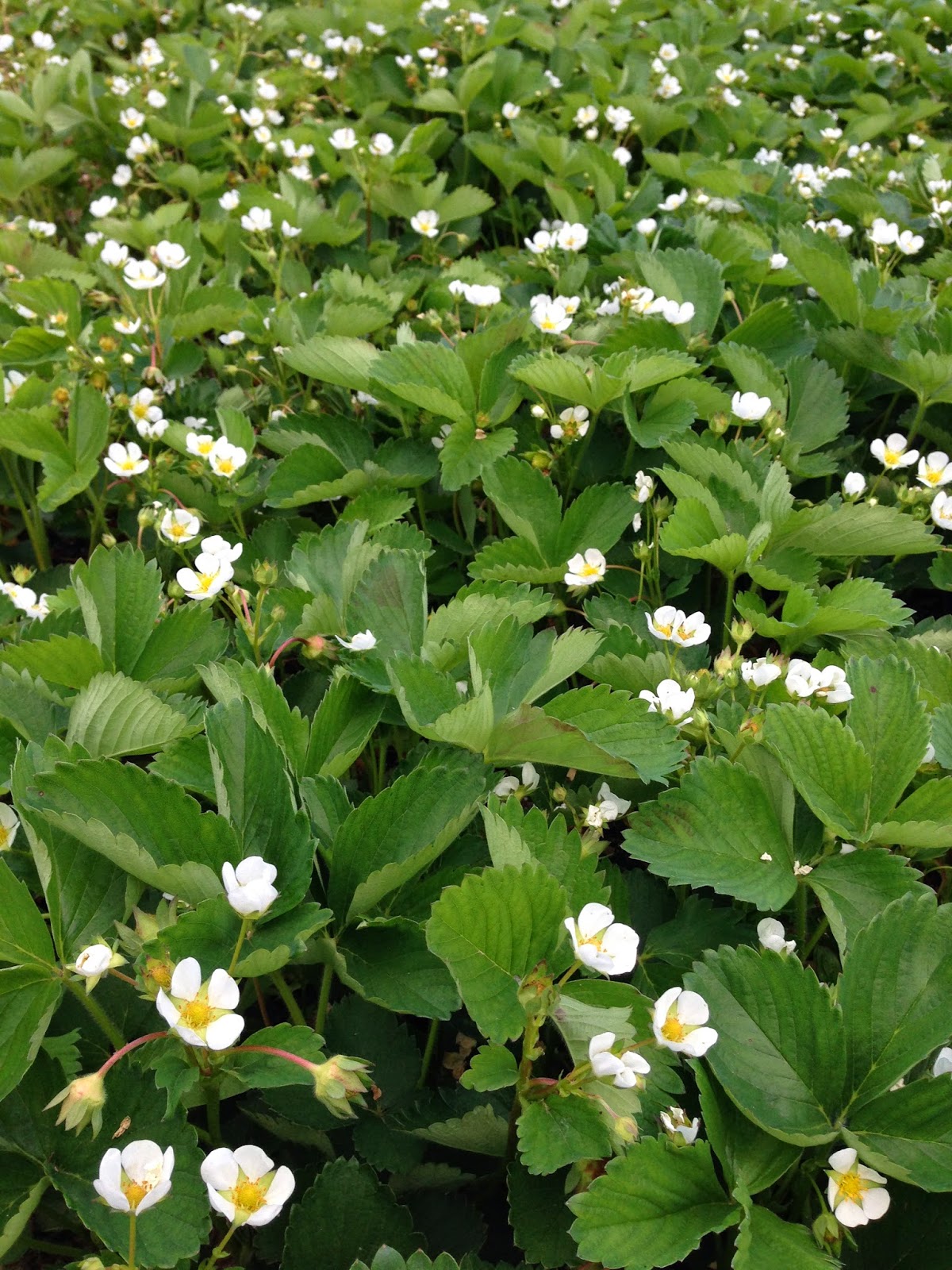Can you imagine fire in your bones?
I mean searing, swelling, mottled fire. Let me tell you about it. Better sit down. Better yet, elevate your feet.
We captured a swarm of bees a month or so ago, and I had them in one deep and two supers, nestled among the peach trees in the orchard. They had swarmed to that tree, and I set the box right under it, and there it sat. Well, it came to look like these were busy bees.they were spilling out of the entrance, and bearding along the sides of the hive body. We decided it was time to give them some more room.
So early this morning before I had to go to work, I set out in my bee suit to move the hive and give them some more space by adding empty boxes. I figured the hive would be normally quiet, and peaceful to relocate. No bees were flying yet. I took off the two honey supers, and they were loaded to capacity. In fact, the bees seemed to be just boiling out of the hive. (They were cramped for space.) things went downhill quickly from this point. I had not lit a smoker, thinking this was a simple operation of moving the hive a few feet, and adding some empty boxes. I did not have my boots on, but rather my office shoes since I was headed there shortly. Outside of my consciousness this left a vulnerable 2 inch ring around my ankles with only one layer of light weight socks.
The morning is starting to warm up. A few bees, to a small cloud is now flying around. Several menacing stingers point in through the veil of my bee suit. No problem. I take my hive tool down to separate the deep from the base board, and the instant I lift up on the hive body fire rockets into my ankles from ALL sides. It was like flipping on a light switch, it was that instantaneous. The bees are not boiling out, now the erupt. Smelling the success of fresh stings, hundreds of bees coat my shoes, ankles and legs. I did what only I could. I ran / hobbled away as fast as I could. My socks were littered with pulsing stinger sacks, placed by the desperate kamikaze missions to protect the hive at all costs.
At once the fire was in my bones. It occupied all spare corners and central part of my brain. I was followed by hundreds if bees, and it found it a tricky proposition to get my shoe off and not get more stings. I put on my boots and secured the lower hem of the bee suit to the boots. Ahh, at least now I was fully protected.
As I calculated the number of total stings, I realized my situation was not as serious as it could have been. As I returned to the hive body I had the unusual experience walking into waves of flying and hyper buzzing bees. They were mad. I was coated again from head to toe, thick with bees. If we lived south, I might have nick named them "killer".
I got the hive moved and put back together, and added plenty of more space for them to grow into. I went to work, and over the course of the morning, my ankles started to swell. My shoes soon became tight and painful, pressing back against the swelling. By lunch, I was walking with a definite hobble. I soaked my feet in cold Epsom salt water, I elevated my legs. (I am not sure either treatment did anything of lasting value to the swelling but the cold water felt good.) Throbbing beat in my ankles with each heart best, and then there was a shooting pain forming a faster tempo than my heart.
I walk painfully this evening, but I know the drill. I have had bee stings this bad before. Sunshine feels sorry for me, but rightfully thinks I should have known better. Sadly, tomorrow will not be better. The next day may have some slight relief, and then next day after that I will walk fine again.
The guard bees are on high alert all day today. No one could approach anywhere on the entire garden plot of 3/4 of an acre. I drove in next to the chickens and the car had bee guards all over and flying around it. I did not realize the hive was this wild.
Tomorrow the bees will feel better, and they have a lot more space to grow into.
So, do you have fire in your bones? I surely do. Such a small insect, with such a determined perspective! It would be good if each of us were as busy as a bee. I do not blame them. They were doing their job, and doing it very well. Would that the guards around our families were as successful as the these guards that dealt with me this morning. Consider the guards to what we allow in our minds. The guards to what we allow in our homes, and the guards to protect and keep pure our young people. The more valuable, the more we will guard it. Let's be determined to guard what we really value.
 Out of catastrophe, we seek to draw some meaning, What lesson can we learn? I am sure there are many things we should learn from this experience, and if we or someone is saved a greater catastrophe, then the loss is not entirely in vain.
Out of catastrophe, we seek to draw some meaning, What lesson can we learn? I am sure there are many things we should learn from this experience, and if we or someone is saved a greater catastrophe, then the loss is not entirely in vain. 
.JPG)




.JPG)
